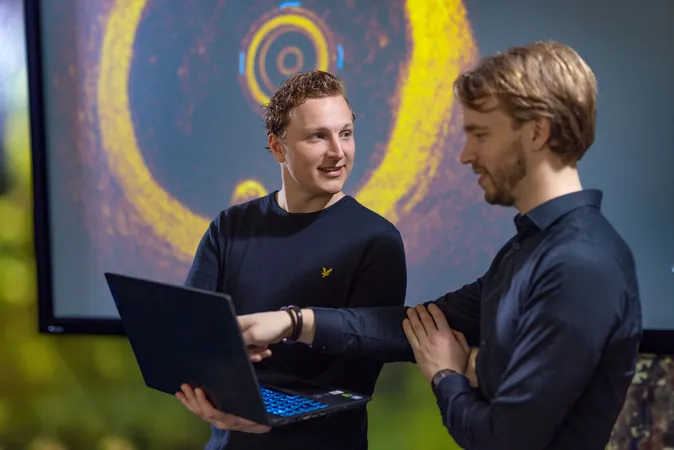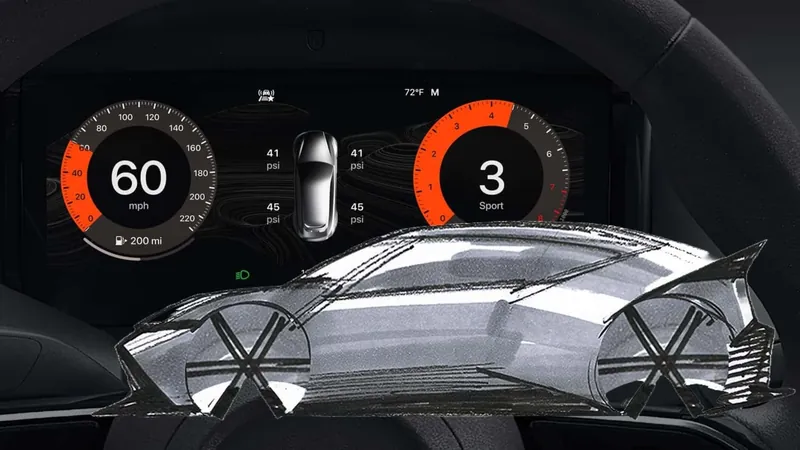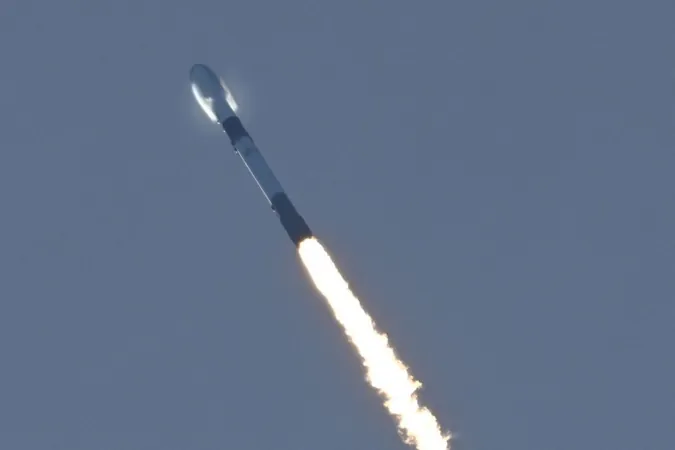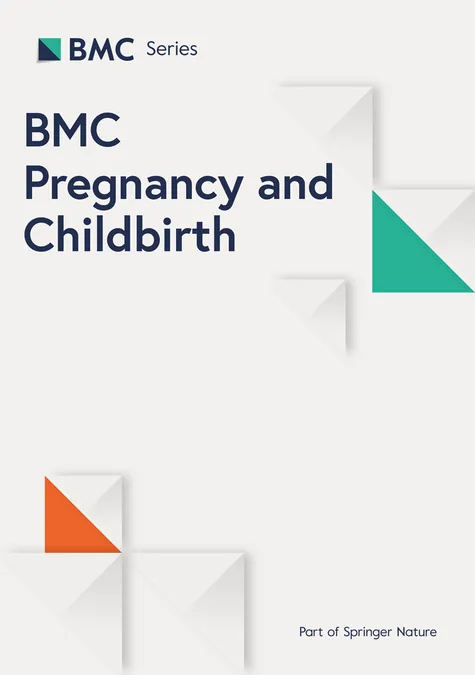
Revolutionary Mini Camera with AI Can Predict Heart Attacks!
2025-09-02
Author: Olivia
A Breakthrough in Heart Attack Prediction
Imagine a mini camera capable of predicting future heart attacks just by examining your coronary arteries! A groundbreaking study by Radboudumc reveals that this cutting-edge technology, combined with artificial intelligence (AI), can accurately identify potential weak spots in blood vessels, significantly enhancing patient care.
How It Works
Heart attacks strike when blood flow to the heart is obstructed due to a blood clot forming in a narrowed artery. Traditionally, evaluating the intricate images produced by such mini cameras has only been feasible in specialized labs, causing delays in treatment. However, with the newfound AI capabilities, this process has become not only simpler but faster.
The Patient Survival Game: Accuracy Like Never Before
Shockingly, nearly 15% of heart attack survivors face the threat of another within just two years! That’s where the expertise of Radboudumc comes in. By studying the coronary arteries of 438 patients and utilizing AI for analysis, researchers found that their innovative approach can predict new heart attacks and potential fatalities even more reliably than current gold-standard labs.
Empowered Patients: The Future of Treatment
With insights from this technology, doctors can now tailor treatments based on the specific vulnerable spots identified in each patient's arteries. "If we pinpoint high-risk areas, we can proactively adjust medications or even place a stent before a heart attack occurs," explains researcher Rick Volleberg.
The Technology Behind the Magic: Optical Coherence Tomography (OCT)
This remarkable mini camera employs optical coherence tomography (OCT), a technique where the camera is inserted into the bloodstream through the arm. By utilizing near-infrared light, it captures detailed images of vessel walls on a microscopic scale, offering a clearer understanding of cardiovascular health.
From Complexity to Clarity: The Role of AI
Assessing the multitude of images produced by OCT can overwhelm even experienced doctors, sometimes involving up to 540 pictures at once! Fortunately, AI comes to the rescue, performing this analysis more swiftly and accurately than human specialists. As Thannhauser highlights, this technological leap could lead to new norms in heart health assessments within clinical settings.
Looking Ahead: A Healthier Future Awaits!
While the current study already demonstrates impressive results, the road to full clinical application is still ahead. However, the potential for AI-powered mini cameras to change the landscape of heart attack prevention is undeniable. With ongoing advancements, we could soon witness a dramatic drop in heart attack recurrence and improved quality of life for countless patients.









 Brasil (PT)
Brasil (PT)
 Canada (EN)
Canada (EN)
 Chile (ES)
Chile (ES)
 Česko (CS)
Česko (CS)
 대한민국 (KO)
대한민국 (KO)
 España (ES)
España (ES)
 France (FR)
France (FR)
 Hong Kong (EN)
Hong Kong (EN)
 Italia (IT)
Italia (IT)
 日本 (JA)
日本 (JA)
 Magyarország (HU)
Magyarország (HU)
 Norge (NO)
Norge (NO)
 Polska (PL)
Polska (PL)
 Schweiz (DE)
Schweiz (DE)
 Singapore (EN)
Singapore (EN)
 Sverige (SV)
Sverige (SV)
 Suomi (FI)
Suomi (FI)
 Türkiye (TR)
Türkiye (TR)
 الإمارات العربية المتحدة (AR)
الإمارات العربية المتحدة (AR)